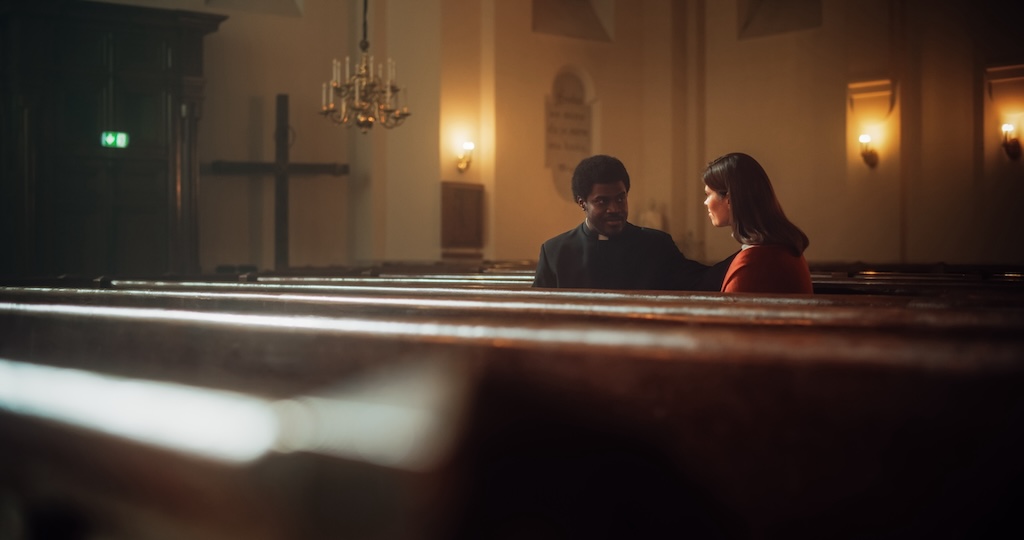Reflection on Mass readings for Feb. 23 (Seventh Sunday in Ordinary Time)
1 Samuel 26:2, 7-9, 12-13, 22-23
Psalm 103:1-2, 3-4, 8, 10, 12-13
1 Corinthians 15:45-49
Luke 6:27-38
I recently saw a new play. The first act had me smiling with the songs and the story, but the second act started to bother me more and more as it went on. Reflecting on why this happened, I realized that the message of the second act was that people who hold to an objective morality are inherently intolerant, and a truly good person is someone who makes no judgment of any behavior, except of being intolerant.
In Jesus’ Sermon on the Plain in Luke, there might seem to be justification for this position if you read Jesus’ words in isolation: “Stop judging and you will not be judged. Stop condemning and you will not be condemned” (Lk 6:37).
The same sentiment was expressed by Pope Francis in his statement, “Who am I to judge?” But the words of Jesus and the words of Pope Francis only seem to support the attitude I found in the play if you read them without their context.
We are called to forgo making judgments about people, but we are called to make judgments about actions. To do otherwise would deny people access to the grace of forgiveness. We have an inherent sense of right and wrong that the Gospel helps us to purify and make right judgments. That properly formed conscience is then moved to repentance and seeks restoration when we experience our actions as out of line with our conscience.
We crave forgiveness. In the Gospel, Jesus tells us how to satisfy that craving: “Forgive and you will be forgiven, give and gifts will be given you; a good measure, packed together, shaken down, and overflowing, will be poured into your lap” (Lk 6:37-38).
A modern temptation is to deny that objective morality exists, especially with certain classes of sin. In doing so, we are turning a blind eye to the true turmoil in people’s lives who are struggling with these very sins. It is by acknowledging the damage of sin in our lives that allows us to seek the forgiveness offered by Christ and his Church.
Holding that there is an objective morality revealed to us by God is not a sign of intolerance. Rather, it is the vehicle by which the mercy of God might be poured out by Christ and his people.
Are there those who use the truth of objective morality as a club? Yes, sadly so. Yet, if we listen to the words of Christ in the Gospel, we can also write a different narrative in our culture.
Discerning the sickness of sin lets us minister God’s healing mercy and forgiveness. Tolerance of sinners’ weaknesses as they seek healing is to be encouraged. Tolerance of sin itself makes no more sense than a doctor being tolerant of a malignant cancer. But to be instruments of God’s healing, we must be instruments of God’s forgiveness.
Remember the final words of this Sunday’s Gospel: “For the measure with which you measure will in return be measured out to you” (Lk 6:38).
 Msgr. Timothy Keeney is pastor of Church of the Incarnation, Charlottesville, and Our Lady of the Rosary, Crozet.
Msgr. Timothy Keeney is pastor of Church of the Incarnation, Charlottesville, and Our Lady of the Rosary, Crozet.

